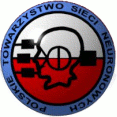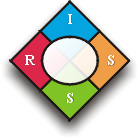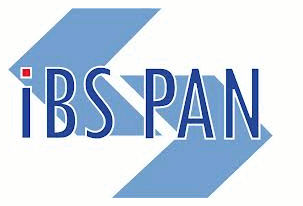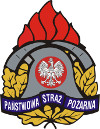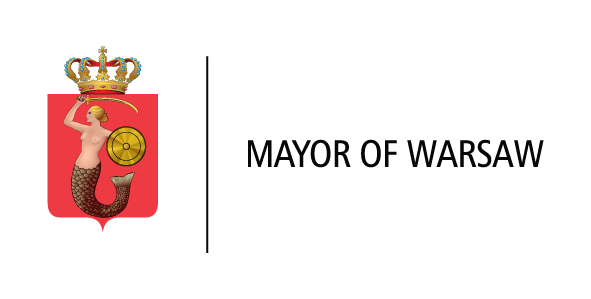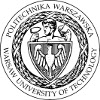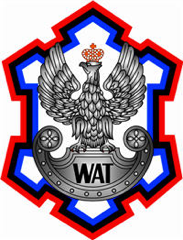 |
1st Complex Events and Information Modelling (CEIM'14)
Warsaw, Poland, 7 - 10 September, 2014
Call for Participation:
AAIA’14 Data Mining Competition
at the Knowledge Pit
Complex Events and Information Modelling (CEIM). Event modelling is a method of intelligent analyzing streams of information (data, percepts) about things that happen (events), and deriving conclusions from them. The goal of CEIM is to identify meaningful events and respond to them appropriately and quickly. We define the complexity of the event as both the complexity of the modelled physical phenomenon (fire, weather, chemical reaction, biological process) as well as the heterogeneity of the data (digital images, percepts, sensory data, natural language, semi-structured and structured data). In addition, the emphasis should be placed on the intelligent aspect of these models. This means that systems should semi- autonomously perceive their environment and take action.
The workshop on Complex Events and Information Modelling provides an interdisciplinary forum for researchers and developers. The workshop is mostly intended for applications of Artificial Intelligence in Fire Safety domain, but we also encourage researchers from other fields: health care, smart buildings, ubiquitous computing, process mining and others. The workshop covers the whole range of theoretical and practical aspects, technologies and systems and aims at bringing together specialists for exchanging ideas and promote interdisciplinary discussions.
Topics:
- Artificial Intelligence techniques in Fire Safety,
- Data Assimilation and Smart Buildings,
- Evacuation models,
- Cognition and Decision Making models during Emergency,
- Sensory data storage representation and processing,
- Ubiquitous computing,
- Uncertainty modelling,
- Automated reasoning,
- Risk Management,
- Knowledge Discovery, Data and Process Mining,
- Decision Support Systems,
- Knowledge Modelling.
Paper submission
- Authors should submit draft papers (as Postscript, PDF of MSWord file).
- The total length of a paper should not exceed 10 pages IEEE style (including tables, figures and references). IEEE style templates are available here.
- Papers will be refereed and accepted on the basis of their scientific merit and relevance to the workshop.
- Preprints containing accepted papers will be published on a USB memory stick provided to the FedCSIS participants.
- Only papers presented at the conference will be submitted for inclusion in the IEEE Xplore® database.
- Conference proceedings will be published in a volume with ISBN and ISSN numbers and posted at the conference WWW site.
- Conference proceedings will be indexed in BazEkon and submitted for indexation in: Thomson Reuters - Conference Proceedings Citation Index, SciVerse Scopus, Inspec, Index Copernicus, DBLP Computer Science Bibliography and Google Scholar
- Extended versions of selected papers presented during the conference will be published as Special Issue(s).
- Organizers reserve right to move accepted papers between FedCSIS events.

